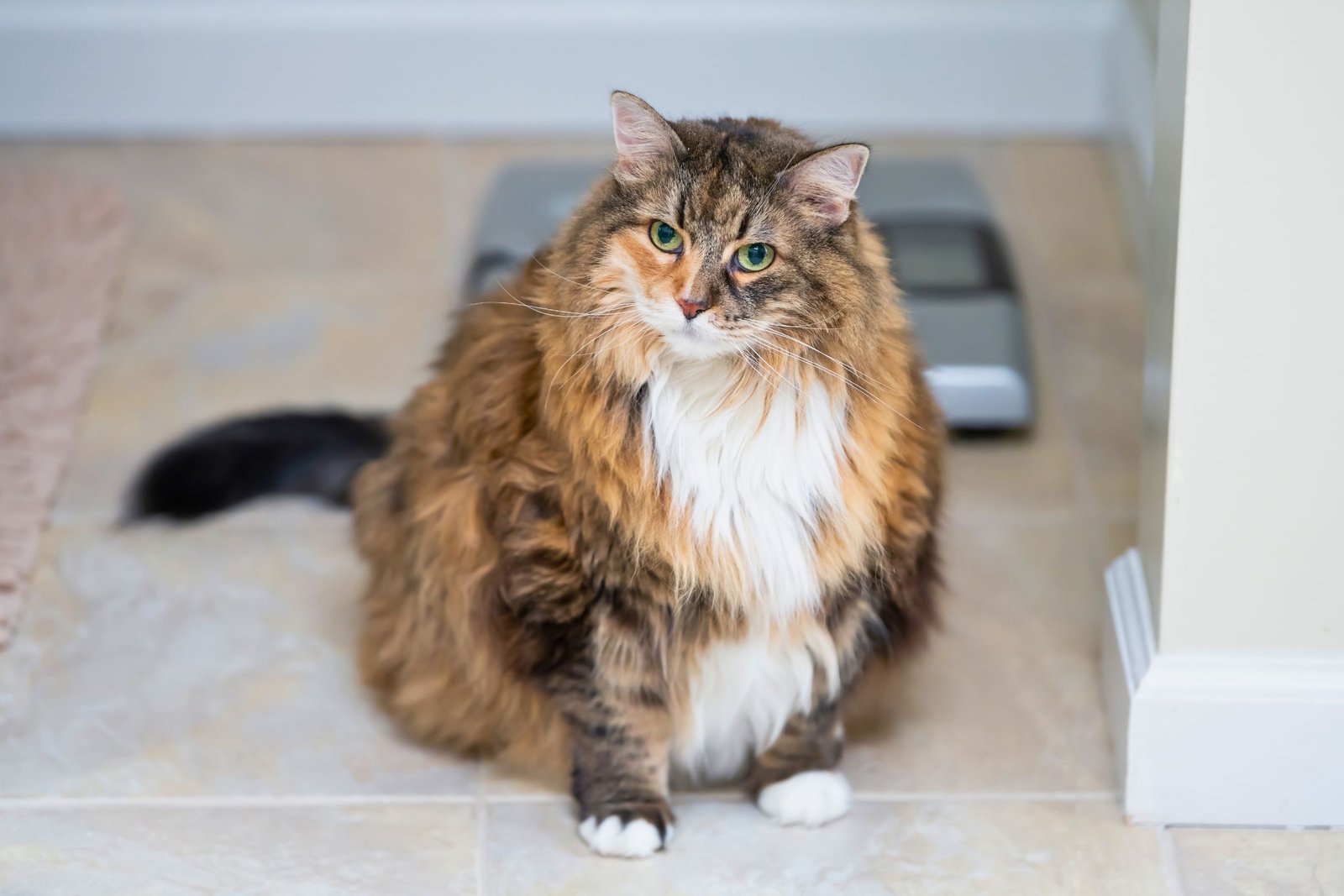Reduced Lifespan: The Heavy Toll of Feline Obesity
While the image of a pleasantly plump cat may seem endearing, the reality is that excess weight can exact a heavy toll on a feline companion’s overall lifespan. The charming fluffiness may disguise a silent threat, as obesity in cats is linked to a cascade of health issues that significantly impact their longevity.
The Strain on Internal Organs
Obesity places undue strain on a cat’s internal organs, particularly the heart, liver, and kidneys. The heart, tasked with pumping blood throughout the body, has to work harder to support the additional weight. This increased workload on the cardiovascular system contributes to the development of heart-related conditions and places a strain on the liver and kidneys, affecting their proper functioning.
Cardiovascular Complications
The cardiovascular system is especially vulnerable to the effects of obesity. The heart, burdened by the demands of pumping blood through a larger body, can develop conditions such as hypertrophic cardiomyopathy. This, coupled with the increased risk of hypertension, poses a significant threat to a cat’s cardiovascular health, potentially leading to a shortened lifespan.
Reduced Immune Function
Obesity compromises a cat’s immune system, making them more susceptible to infections and illnesses. The body’s ability to mount an effective defense against pathogens is hindered, increasing the risk of both common and severe health issues that can curtail a cat’s lifespan.
Increased Cancer Risk
Overweight cats face an elevated risk of developing certain types of cancer. The intricate interplay between obesity, inflammation, and altered hormonal balances creates an environment conducive to the formation and progression of cancerous cells. This heightened susceptibility to cancer further contributes to a potential reduction in a cat’s lifespan.
Joint and Mobility Challenges
The strain of excess weight takes a toll on a cat’s joints, leading to arthritis and mobility issues. Reduced mobility can impact a cat’s ability to engage in physical activity, exacerbating the challenges associated with weight management. The resulting sedentary lifestyle can contribute to a shortened lifespan.
Systemic Inflammation
Obesity triggers a state of chronic inflammation throughout the body. Persistent inflammation is linked to the development of numerous health issues, from cardiovascular diseases to metabolic disorders, all of which can impact a cat’s lifespan.
In the quest for feline longevity, maintaining a healthy weight emerges as a pivotal factor. Cat owners play a crucial role in safeguarding their furry friends from the adverse effects of obesity. By embracing balanced nutrition, portion control, and promoting an active lifestyle, owners can contribute to not only the physical well-being but also the extended lifespan of their cherished feline companions.








